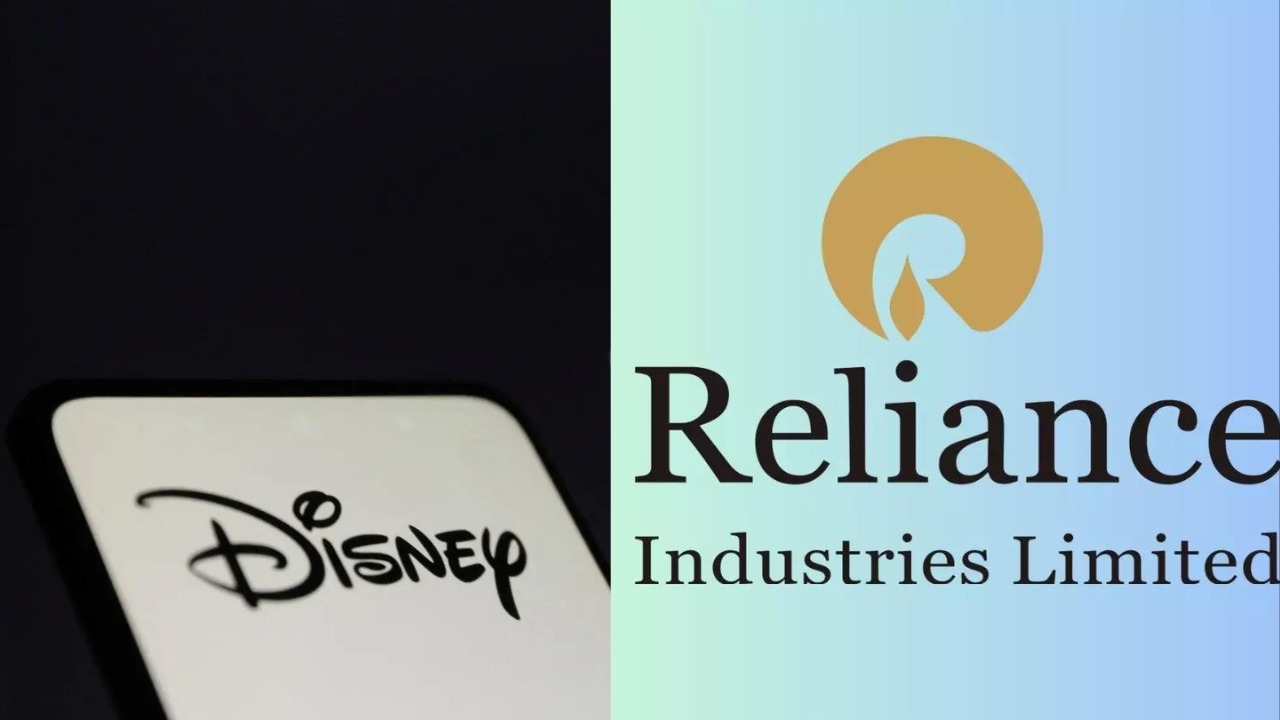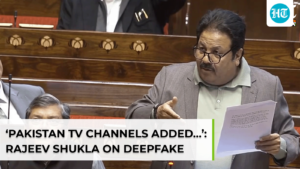
NEW DELHI: The Competition Commission of India ,CCI) on Tuesday made a preliminary determination that the proposed $8.5 billion merger between Reliance and Walt Disney’s media assets in India could harm competition, as per Reuters report.
In the most significant setback to their planned merger, the Competition Commission of India (CCI) has privately informed Disney and Reliance of its concerns and asked the companies to explain why an investigation should not be initiated, it added.
The proposed merger between Reliance and Disney, which would result in Reliance holding a majority stake in the combined entity, has raised concerns among antitrust experts. The merged company would possess valuable rights to broadcast cricket matches, potentially granting it significant pricing power and influence over advertisers. Reliance, Disney, and the Competition Commission of India (CCI) have not provided immediate comments on the matter yet.
Experts in antitrust law had cautioned that the merger, which was announced in February, could face rigorous examination by the CCI. The resulting entity would become India’s largest entertainment player, competing with Sony, Zee Entertainment, Netflix, and Amazon, with a combined 120 TV channels and two streaming services.
During the review process, the CCI had privately posed approximately 100 questions to Reliance and Disney regarding the merger. In response, the companies have expressed their willingness to sell fewer than 10 television channels in order to address concerns about market power and win an early approval, Reuters sources reported.
The CCI has informed the companies that the broadcast and streaming rights for cricket will not be available for sale until their expiration in 2027 and 2028. Furthermore, any attempt to sell these rights would necessitate the approval of the cricket board, potentially causing delays in the process.
While the CCI notice may prolong the approval process, the companies still have the opportunity to address the concerns by proposing additional concessions, another Reuters source said.
“This is a precursor of things getting complicated … The notice means that initially the CCI thinks the merger harms competition and whatever concessions offered are not enough,” he added.
The CCI has granted the companies a 30-day period to respond and clarify their position. The current concerns revolve around the potential challenges advertisers may face in terms of pricing if the entities are merged.
“The CCI is concerned the entity can increase rates for advertisers during live events,” said another anonymous individual, as per Reuters.
Jefferies, a financial services company, has predicted that the joint venture between Disney and Reliance will capture a significant 40% share of the advertising market in both television and streaming sectors in India.
KK Sharma, who previously led the mergers division at the Competition Commission of India (CCI), has expressed concerns that the merger could result in “almost an absolute control over cricket,” given the combined entity’s potential dominance in the sports broadcasting arena.
In 2022, Zee and Sony had plans to create a massive $10 billion television empire in India. However, they received a similar warning notice from the CCI. To address the concerns raised, the companies proposed concessions, including the divestment of three TV channels. While these measures helped them secure CCI approval, the merger ultimately failed to materialize.
In the most significant setback to their planned merger, the Competition Commission of India (CCI) has privately informed Disney and Reliance of its concerns and asked the companies to explain why an investigation should not be initiated, it added.
The proposed merger between Reliance and Disney, which would result in Reliance holding a majority stake in the combined entity, has raised concerns among antitrust experts. The merged company would possess valuable rights to broadcast cricket matches, potentially granting it significant pricing power and influence over advertisers. Reliance, Disney, and the Competition Commission of India (CCI) have not provided immediate comments on the matter yet.
Experts in antitrust law had cautioned that the merger, which was announced in February, could face rigorous examination by the CCI. The resulting entity would become India’s largest entertainment player, competing with Sony, Zee Entertainment, Netflix, and Amazon, with a combined 120 TV channels and two streaming services.
During the review process, the CCI had privately posed approximately 100 questions to Reliance and Disney regarding the merger. In response, the companies have expressed their willingness to sell fewer than 10 television channels in order to address concerns about market power and win an early approval, Reuters sources reported.
The CCI has informed the companies that the broadcast and streaming rights for cricket will not be available for sale until their expiration in 2027 and 2028. Furthermore, any attempt to sell these rights would necessitate the approval of the cricket board, potentially causing delays in the process.
While the CCI notice may prolong the approval process, the companies still have the opportunity to address the concerns by proposing additional concessions, another Reuters source said.
“This is a precursor of things getting complicated … The notice means that initially the CCI thinks the merger harms competition and whatever concessions offered are not enough,” he added.
The CCI has granted the companies a 30-day period to respond and clarify their position. The current concerns revolve around the potential challenges advertisers may face in terms of pricing if the entities are merged.
“The CCI is concerned the entity can increase rates for advertisers during live events,” said another anonymous individual, as per Reuters.
Jefferies, a financial services company, has predicted that the joint venture between Disney and Reliance will capture a significant 40% share of the advertising market in both television and streaming sectors in India.
KK Sharma, who previously led the mergers division at the Competition Commission of India (CCI), has expressed concerns that the merger could result in “almost an absolute control over cricket,” given the combined entity’s potential dominance in the sports broadcasting arena.
In 2022, Zee and Sony had plans to create a massive $10 billion television empire in India. However, they received a similar warning notice from the CCI. To address the concerns raised, the companies proposed concessions, including the divestment of three TV channels. While these measures helped them secure CCI approval, the merger ultimately failed to materialize.








